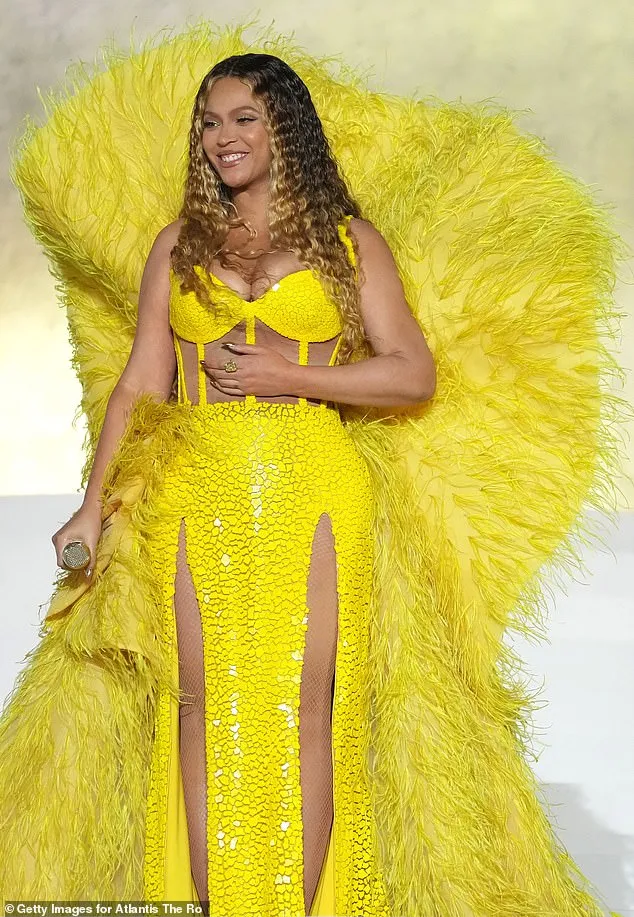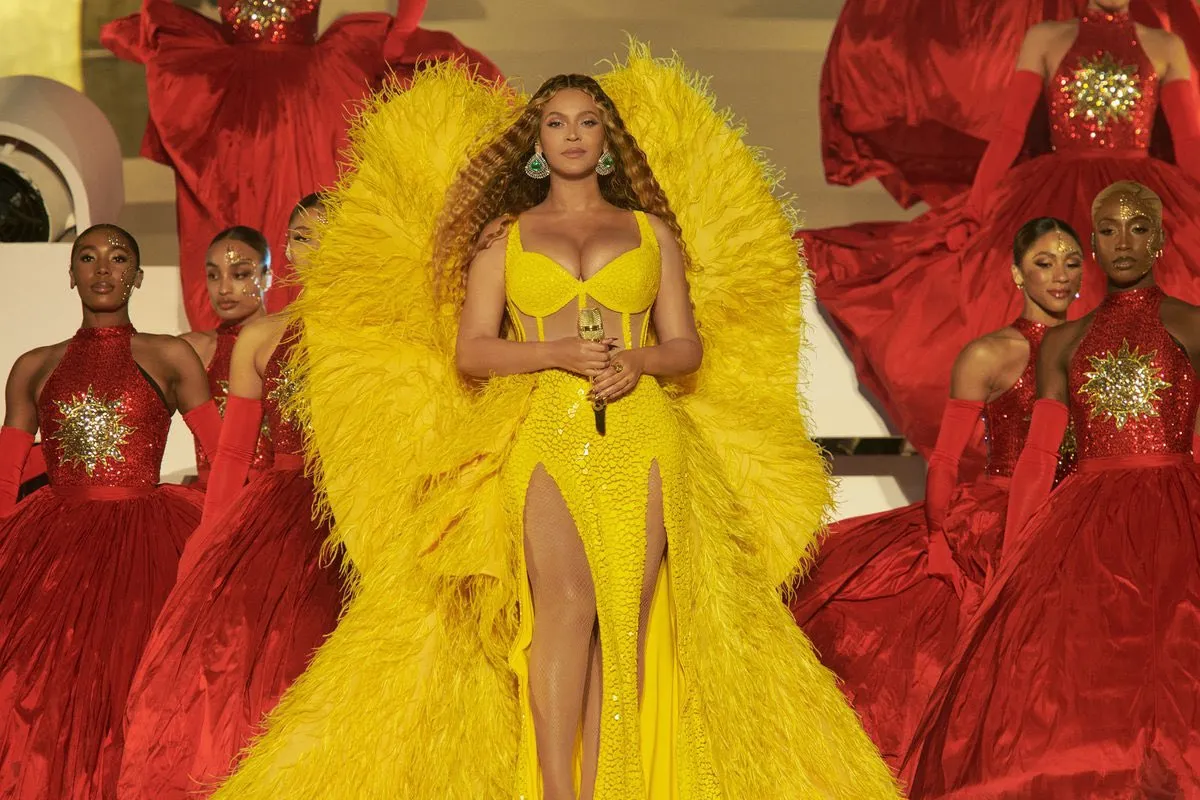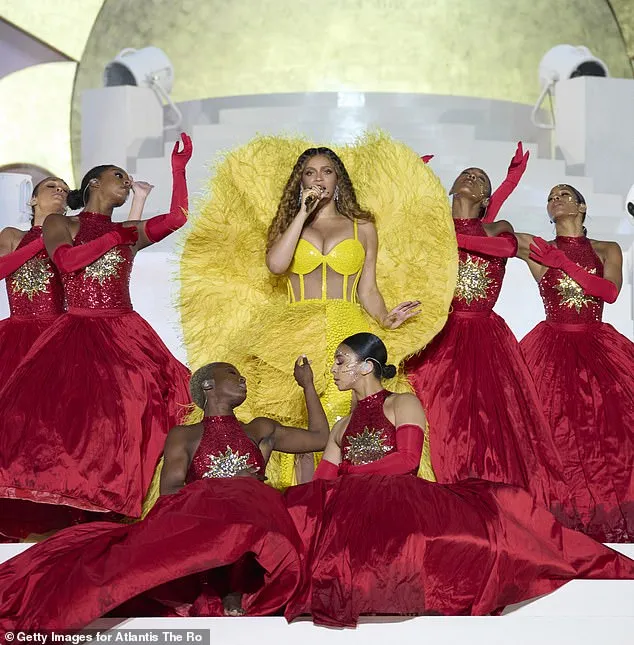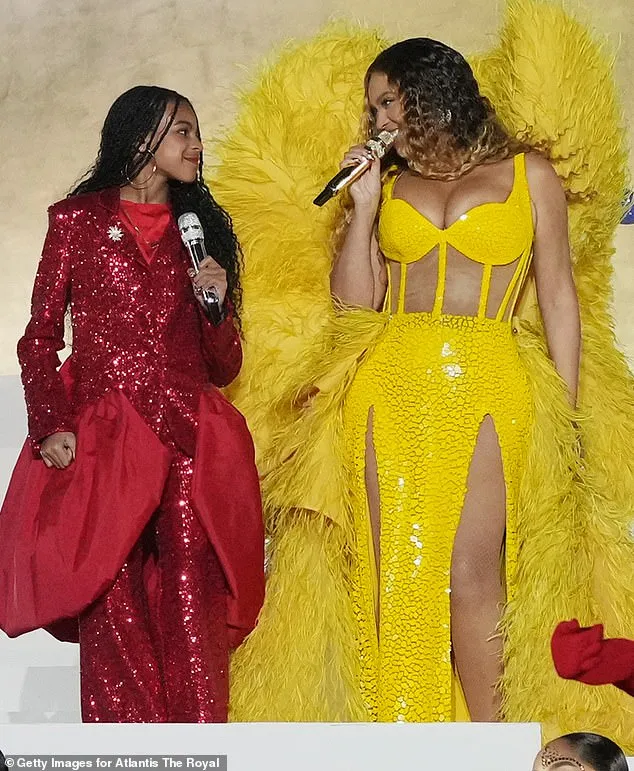Beyoncé Under Fire, Controversy Erupts As She Accepts $24m Offer To Perform In Dubai
Beyoncé has found herself at the center of controversy after accepting a lucrative $24 million offer to perform in Dubai. The decision to take part in the high-profile event has sparked debate and criticism, with some questioning the ethics of performing in a country with a checkered human rights record.
Dubai, known for its opulent lifestyle and extravagant entertainment industry, has faced scrutiny in recent years over its treatment of migrant workers and issues related to freedom of speech and expression.
Beyoncé’s decision to perform in the wealthy Emirate has reignited discussions about the responsibilities of artists when it comes to selecting performance venues.

Critics argue that by accepting the offer, Beyoncé is effectively endorsing the actions of the Dubai government and turning a blind eye to the human rights abuses that have been reported in the region.
They argue that artists have a moral obligation to use their platform to speak out against injustice, rather than aligning themselves with regimes that may be implicated in human rights violations.

On the other hand, supporters of Beyoncé argue that artists should have the freedom to perform wherever they choose, without being held accountable for the actions of the governments of the countries in which they perform.
They contend that Beyoncé’s performance in Dubai is a testament to her global appeal and should be viewed separately from any political considerations.

As the debate rages on, Beyoncé’s decision to accept the offer to perform in Dubai underscores the complex interplay between art, politics, and commerce. While some applaud her for seizing lucrative opportunities, others question the ethics of her decision in light of the broader social and political context.

As one of the world’s most influential and visible performers, Beyoncé’s actions are closely scrutinized and can have far-reaching implications.
Whether her performance in Dubai will ultimately be seen as a bold statement or a misstep remains to be seen, but one thing is certain: it has reignited important conversations about the role of artists in addressing social and political issues on the global stage.





